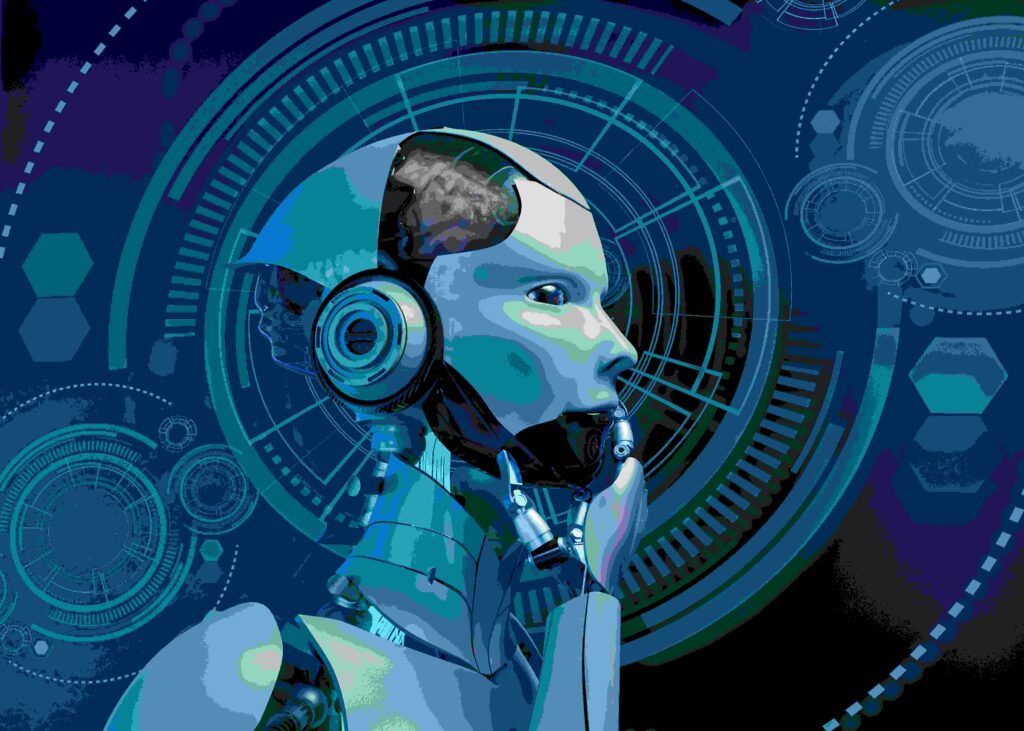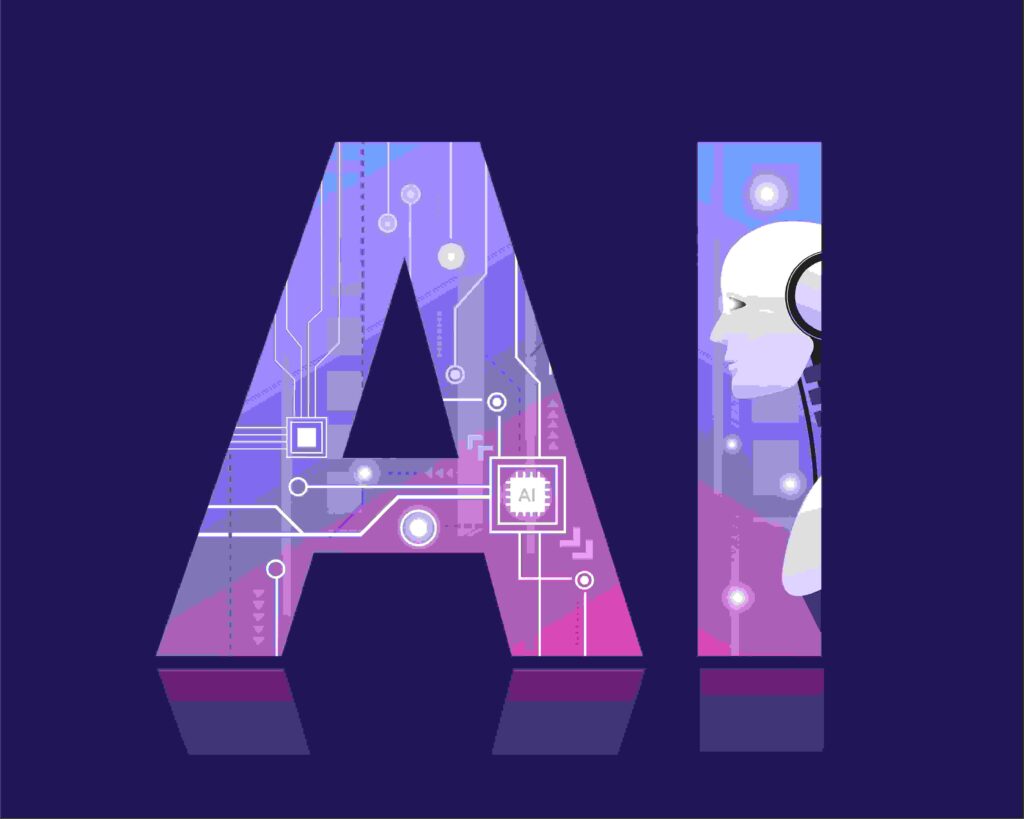
AI CERTS
4 months ago
Learn AI Engineering Online: A Comprehensive Guide to Mastering the Future of Technology
Artificial Intelligence (AI) is reshaping industries and redefining career opportunities. AI engineering, which involves creating and managing AI systems, has become one of the most sought-after skill sets in the tech world. With online learning platforms making AI education accessible to a global audience, the opportunity to learn AI engineering online is now more achievable than ever.
What Is AI Engineering and Why Does It Matter?
AI engineering focuses on designing, developing, and maintaining AI systems. It combines knowledge from computer science, data science, and software engineering to create applications that can mimic human intelligence.

Key Components of AI Engineering:
- Machine Learning (ML): Developing algorithms that allow systems to learn and improve over time.
- Natural Language Processing (NLP): Enabling machines to understand and respond to human language.
- Computer Vision: Teaching machines to interpret visual data like images and videos.
- Robotics: Integrating AI into physical systems for automation and smart interactions.
Importance of AI Engineering:
- High Demand for AI Talent: Businesses across industries are investing in AI, driving demand for skilled engineers.
- Innovative Solutions: AI engineering enables the creation of applications like chatbots, recommendation systems, and autonomous vehicles.
- Career Growth Opportunities: AI engineers are among the highest-paid professionals in the tech industry.
Related Reading: For an overview of AI’s transformative impact, visit Generative AI Adoption Soars: Insights from McKinsey’s Latest Survey
Skills You Can Learn in AI Engineering
Online AI engineering programs provide a robust curriculum that equips learners with technical expertise and practical knowledge. Key skills include:
1. Programming Proficiency
- Learn programming languages such as Python, Java, and R, which are essential for AI development.
- Master AI libraries and frameworks like TensorFlow, PyTorch, and Scikit-learn.
2. Mathematics for AI
- Gain a solid understanding of linear algebra, calculus, and probability, which form the foundation of machine learning algorithms.
3. Data Engineering
- Learn to preprocess, clean, and analyze data to create accurate and efficient AI models.
4. Model Training and Deployment
- Understand how to build and train machine learning models and deploy them in real-world applications.
5. Ethical AI Practices
- Learn the importance of fairness, accountability, and transparency in AI systems.
- Ensure compliance with regulations like GDPR and CCPA.
External Resource: Explore the importance of AI ethics at IBM AI ethics guide.
Real-World Applications of AI Engineering
AI engineering powers innovations across various sectors, solving complex problems and enabling smarter solutions.
1. Healthcare
AI models are used for predictive diagnostics, personalized treatment plans, and drug discovery.
2. Finance
AI systems detect fraudulent transactions, automate risk assessments, and offer personalized financial advice.
3. Retail and E-Commerce
AI powers product recommendations, inventory management, and dynamic pricing strategies.
4. Transportation
AI engineering is critical for autonomous vehicles, optimizing traffic flows, and logistics management.
5. Education
AI enhances e-learning platforms by delivering personalized learning experiences and automating administrative tasks.

Advantages of Learning AI Engineering Online
Online platforms make learning AI engineering accessible to a broader audience. Here are some benefits of choosing online learning:
1. Flexibility
Learn at your own pace, balancing education with work or other commitments.
2. Cost-Effectiveness
Online programs often cost less than traditional classroom courses, making them a budget-friendly option.
3. Access to Global Resources
Study materials, lectures, and tutorials from world-renowned universities and experts are just a click away.
4. Hands-On Learning
Most online programs offer projects, coding exercises, and simulations to help you gain practical experience.
5. Networking Opportunities
Online communities and forums connect you with peers, mentors, and industry professionals.
Challenges in AI Engineering and How to Overcome Them
While AI engineering offers tremendous opportunities, it also presents challenges:
1. Complexity of AI Systems
AI engineering requires understanding advanced algorithms and models. Online courses often include foundational modules to ease this learning curve.
2. Data Privacy Concerns
Engineers must prioritize ethical AI practices and comply with data privacy laws.
3. Rapid Technological Changes
The AI field evolves quickly, necessitating continuous learning to stay updated.
Future Trends in AI Engineering
AI engineering is set to evolve further, with emerging trends reshaping the landscape:
- Edge AI: AI computations will move closer to the source of data, improving speed and privacy.
- Explainable AI (XAI): Focus on creating transparent and interpretable AI models.
- AI for Sustainability: Applications of AI in solving environmental challenges and optimizing energy use.
- Generative AI: Development of systems that create content, such as images, music, and text.
Professionals who learn AI engineering online will be at the forefront of these innovations, driving change across industries.
How to Get Started with Online AI Engineering
1. Define Your Goals
Determine whether you aim to specialize in machine learning, NLP, robotics, or another AI domain.
2. Select the Right Platform
Choose platforms that offer structured courses, hands-on projects, and access to industry-standard tools.
3. Build a Strong Foundation
Focus on mastering programming languages, data manipulation, and basic machine learning algorithms before tackling advanced topics.
4. Participate in Community Projects
Collaborate on open-source AI projects to gain real-world experience and enhance your portfolio.
5. Stay Updated
Follow industry blogs, attend webinars, and engage in continuous learning to stay ahead of the curve.
Conclusion
Learning AI engineering online is an investment in the future, offering the flexibility, resources, and skills needed to thrive in a tech-driven world. Whether you're an aspiring developer or a seasoned professional, acquiring AI engineering expertise can open doors to innovative projects and lucrative career opportunities.